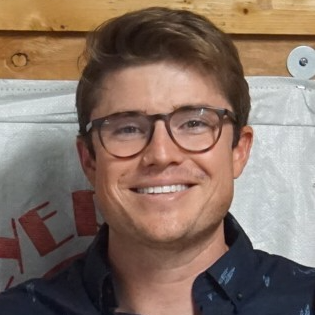
Joshua Plank
- BS Physics (2014)
- Electrical Engineer
Current Work Location:
eGauge Systems
Bio
Q: How did you choose to work in engineering, and what steps did you take to embark on this career path after your physics degree?
A: I was always interested in applied physics and EE didn't feel too far off. I did an internship in Mark Gilmore's plasma lab, which was in the EE department with a handful of students who had also gone 'off course'. It also got me interested in doing research in energy. Initially it was fusion but after seeing how slow tokamak construction was taking with ITER (in 2013!) I decided solar might be a little more achievable. Still, if the physics department had a plasma focus at the time, I would have done that in a heartbeat.
Q: How has your physics degree shaped and helped your career?
A: I feel like my degree helped me understand problem solving the most. I ended up working on photocatalytic biomaterials for my PhD and even though there wasn't much overlap from any courses, it all still felt like an extension of what I had learned in my undergrad. With that, new problems felt easier to think about.
Q: What do you like most about your current job?
A: I love the design and development process. Part of me still wishes I was doing research, but designing new things is fun. I had to learn circuit design and layout on my own, but it was well worth it.
